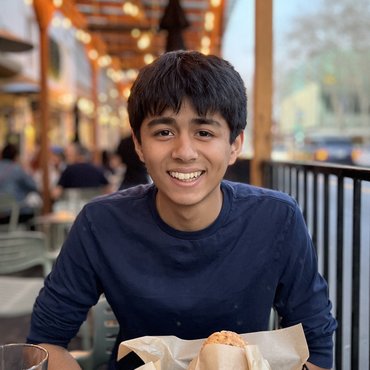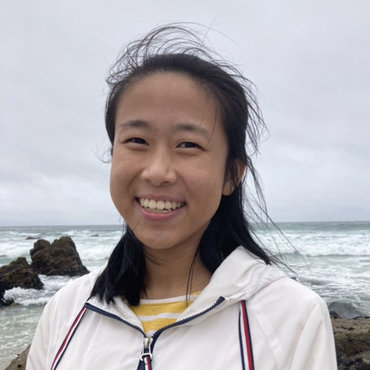
Nani Friedman, '20
When Home is a Region: Working Toward an Inclusive Bay Area

In my second week as an intern at Enterprise Community Partners, an organization focused on affordable housing issues, I attended a meeting of the Mayor of Oakland's Housing Cabinet. A mix of city housing department staff and representatives from affordable housing nonprofits spent the two-hour meeting discussing the importance and challenges of incorporating racial equity components into the city's affordable housing program guidelines. Though they weren't able to come to a conclusive decision in two hours, and although people disagreed on the timing and implementation method, everyone was incredibly passionate and utilized their experience to offer new ideas.
I was deeply inspired and motivated by what I saw in that room. As I reflected on what was most meaningful to me this summer, I kept coming back to the constant excitement I felt spending all summer around people who shared my passion for and my perspective on the inextricable link between housing policy and racial justice.
As a regional housing policy intern, I spent most of my summer drafting legislative language and conducting research tasks for AB 1487, state legislation that enables the creation of a Bay Area Housing Finance Authority for the entire nine-county (and 101-city) region. I learned that laws are, in fact, written on Word software. I learned about the political and logistical opportunities and challenges of coordinating an affordable housing strategy at the regional level. I began developing a regional perspective, learning comparatively about the unique housing needs across different jurisdictions; the affordable housing landscape is entirely different between Oakland, Palo Alto, Fairfield, and Sonoma in the context of fire recovery, yet we worked to design a framework for a regional authority that will supplement collective needs and work for everyone. I attended convenings with people from around the Bay Area who were trying to work together to solve our regional problems.
Having grown up in the Bay Area, my work in housing justice at the local level has always felt personal. I am witnessing my friends from high school make decisions about whether or not they can afford to live on the Peninsula, while college friends who have graduated join the ranks of new tenants who are both drawn into and disgusted by the contradictions of Silicon Valley culture. Working in the financial district in San Francisco this summer gave me a new perspective into this culture, as I witnessed who actually lives and works in this region. I know that I bear unique witness to this dual perspective, the "old" and the "new."
However, I did not anticipate that working on a state bill for a regional housing authority would make me reflect on what this entire region means to me personally. I knew that I had a deep commitment to justice in the county I grew up in, but working on housing at the regional level reframed the geographies that I include in my "home." If custodial staff working at Stanford are commuting from Antioch, I must consider Antioch to be a part of our home. I realized that if I am going to fight toward an inclusive Bay Area – against the racial and socioeconomic segregation that occurs on a regional level – I needed to make my personal definition of home inclusive of the entire region. The futures of Richmond and Marin, for example, or Oakland and Menlo Park, are deeply connected. I now feel that I have a stake in these connections as a part of my dedication to equity in the place I call home.


